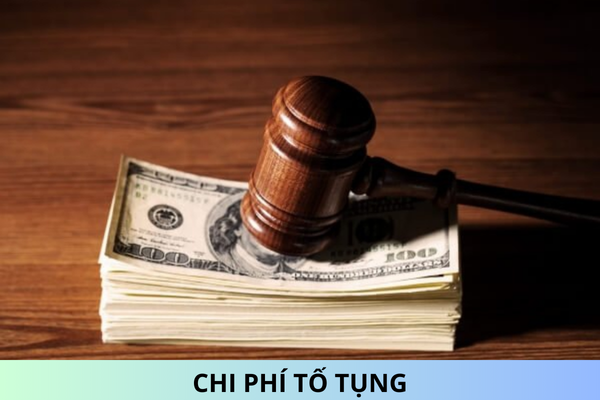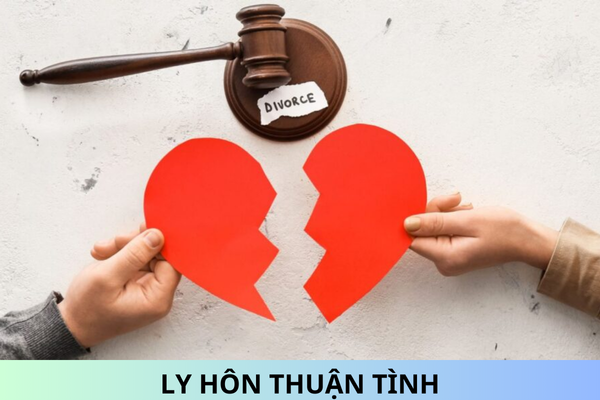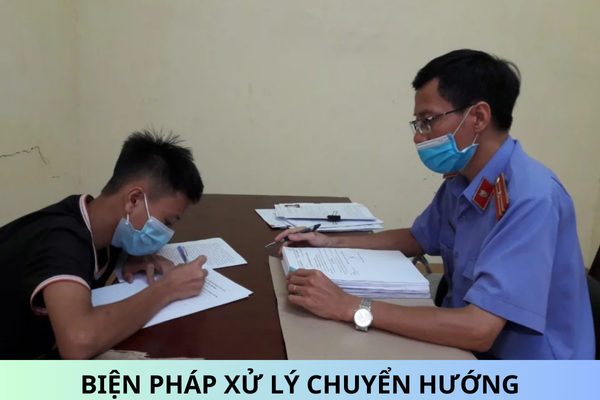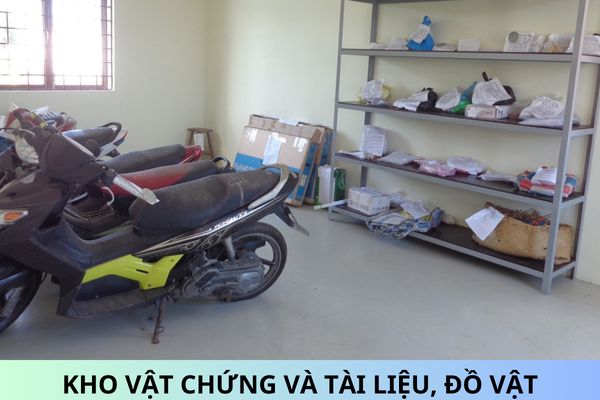What are regulations on evidence in the case of dispute over loan interest in Vietnam? Can hidden recordings be used as evidence in Vietnam?
Can text messages be used as evidence in Vietnam? What are regulations on evidence in the case of dispute over loan interest in Vietnam? Can hidden recordings be used as evidence in Vietnam?
Can text messages be used as evidence in Vietnam?
I lent a friend 40,000,000 VND. I didn't make any document on this. There are only text messages recorded that I lent him 40,000,000 VND. I went to the bank to transfer money to this person. Can I get my money back? If yes, what are procedures for carrying out? Thank you!
Answer:
If there is no cheating and editing tricks made on phone messages, they are still considered evidence.
Pursuant to Article 94 of the Civil Procedure Code in 2015 stipulating as follows:
Article 94. Sources of evidence
Evidences are gathered from the following sources:
1. Readable, audible or visible materials, electronic data;
2. Exhibits;
3. Involved parties' testimonies;
4. Witnesses' testimonies;
5. Expertising conclusions;
6. On-site appraisal minutes;
7. Property evaluation and price appraisal results;
8. Written records of legal facts or acts that are formulated by functional persons;
9. Notarized/authenticated documents;
10. Other sources prescribed by law.
Pursuant to Article 95 of the Civil Procedure Code in 2015 stipulating as follows:
Article 95. Identifying evidences
1. Contents-readable materials shall be regarded as evidences if they are originals or copies lawfully notarized or authenticated or supplied and certified by competent agencies or organizations.
2. Audible, visible materials shall be regarded as evidences if they are presented together with documents about the origins of such materials (applicable to materials recorded by the presenting persons themselves) or the documents certified by the one providing such materials for the presenting persons about the origins of those materials or documents related to such audio and/or video recording.
3. Electronic data shall be presented in form of exchange of electronic data, electronic invoices, electronic mails, telegram, telegraphy, facsimile and other similar forms according to legislation on electronic transactions.
4. Exhibits to be regarded as evidences must be the original and related to the cases.
5. Involved parties' testimonies, witnesses' testimonies shall be regarded as evidences if they are recorded in writing or in audio-tapes, audio-discs, or video-tapes or discs or other audio or image recording devices as provided for in Clause 2 of this Article, or are given orally in Court sessions.
6. Expertising conclusions shall be regarded as evidences if the expertise is conducted in accordance with the procedures prescribed by law.
7. On-site appraisal minutes shall be regarded as evidences if the appraisal is conducted in accordance with the procedures prescribed by law.
8. Property evaluation results and price appraisal results shall be regarded as evidences if the evaluation/appraisal is carried out in accordance with the procedures prescribed by law.
9. Written records of legal facts or acts that are formulated on site by functional persons shall be regarded as evidences if the formulation of such records is carried out according to the procedures prescribed by law.
10. Notarized/authenticated documents shall be regarded as evidences if the notarization/authentication is conducted according to the procedures prescribed by law.
11. Other sources prescribed by law shall be determined to be evidences according to requirements and procedures prescribed by law.
Thus, according to the regulations of evidence, the messages showing the debt content can also be considered as evidence in a civil case. In addition, you can provide more documents such as invoices from the bank related to your transfer.
*To sue your borrower, you need to file a lawsuit with the following documents:
- Petition
- The text messages
- Invoice showing you transfer money to the other person
- Certified copy of your national identity card
- Certified copy of household registration book
* Jurisdiction: The People's Court of the district where the borrower is residing.
*Term of settlement: 4 months to 6 months.

What are regulations on evidence in the case of dispute over loan interest in Vietnam?
I worked for a bank, during my working time the company gave me a mortgage loan of 60 million for 5 years. After I quit my job, the bank gave me a liquidation paper that paid my last month's salary. Some time later I did not pay the bank loan, the bank informed me to pay the principal only (the email and the notice was signed and stamped by the bank), and the bank filed a lawsuit. After that, I signed an agreement to pay the principal and pay 50% of the penalty within 2 months. I paid the principal and the bank withdrew the claim. If I do not pay the penalty interest and the bank sues, can I win the lawsuit when I show the email that the bank gave me earlier? Thank you!
Answer:
Pursuant to Article 93 of the Civil Procedure Code in 2015 stipulating evidences as follows:
Evidences in civil cases are factual things which are handed to Courts by involved parties, agencies, organizations or individuals or gathered by Courts according to the order and procedures prescribed by this Code and are used by Courts as bases to determine objective details of the cases as well as to determine whether the involved parties' claims or protests are well grounded and lawful or not.
As you said, the bank sent you an email and a notice signed and stamped by the bank stating that you only need to pay the loan principal to the bank, you have the right to bring this situation to the court for consideration whether the email and the bank statement can be evidence of this case. And when it is evidence, it has an effect on solving the case.
Pursuant to Article 95 of the Civil Procedure Code in 2015 stipulating identifying evidences as follows:
1. Contents-readable materials shall be regarded as evidences if they are originals or copies lawfully notarized or authenticated or supplied and certified by competent agencies or organizations.
2. Audible, visible materials shall be regarded as evidences if they are presented together with documents about the origins of such materials (applicable to materials recorded by the presenting persons themselves) or the documents certified by the one providing such materials for the presenting persons about the origins of those materials or documents related to such audio and/or video recording.
3. Electronic data shall be presented in form of exchange of electronic data, electronic invoices, electronic mails, telegram, telegraphy, facsimile and other similar forms according to legislation on electronic transactions.
4. Exhibits to be regarded as evidences must be the original and related to the cases.
5. Involved parties' testimonies, witnesses' testimonies shall be regarded as evidences if they are recorded in writing or in audio-tapes, audio-discs, or video-tapes or discs or other audio or image recording devices as provided for in Clause 2 of this Article, or are given orally in Court sessions.
6. Expertising conclusions shall be regarded as evidences if the expertise is conducted in accordance with the procedures prescribed by law.
7. On-site appraisal minutes shall be regarded as evidences if the appraisal is conducted in accordance with the procedures prescribed by law.
8. Property evaluation results and price appraisal results shall be regarded as evidences if the evaluation/appraisal is carried out in accordance with the procedures prescribed by law.
9. Written records of legal facts or acts that are formulated on site by functional persons shall be regarded as evidences if the formulation of such records is carried out according to the procedures prescribed by law.
10. Notarized/authenticated documents shall be regarded as evidences if the notarization/authentication is conducted according to the procedures prescribed by law.
11. Other sources prescribed by law shall be determined to be evidences according to requirements and procedures prescribed by law.
Based on these regulations, the court will review the document that you have sent to the court to see if it can be relied on to determine that you only need to return the original property to the bank.
Can hidden recordings be used as evidence in Vietnam?
I often record important conversations between me and my business partners. I want to know when a court case occurs, can I use these recordinsg as evidence in my defense? Thank you!
Answer:
Pursuant to Article 94 of the Civil Procedure Code in 2015 stipulating sources of evidence as follows:
Evidences are gathered from the following sources:
1. Readable, audible or visible materials, electronic data;
2. Exhibits;
3. Involved parties' testimonies;
4. Witnesses' testimonies;
5. Expertising conclusions;
6. On-site appraisal minutes;
7. Property evaluation and price appraisal results;
8. Written records of legal facts or acts that are formulated by functional persons;
9. Notarized/authenticated documents;
10. Other sources prescribed by law.
As regulations above, audio material such as audio recordings can be a source of evidence. However, in order to be able to use audio tapes as evidence, the conditions for identification of evidences specified in Clause 2, Article 95 of the Civil Procedure Code must be satisfied: Audible, visible materials shall be regarded as evidences if they are presented together with documents about the origins of such materials (applicable to materials recorded by the presenting persons themselves) or the documents certified by the one providing such materials for the presenting persons about the origins of those materials or documents related to such audio and/or video recording.
Thus, the audio recording of the exchange between you and the business partner is only considered evidence when you present it with a written certification of origin or a document about the incident related to the recording. For example: Minutes of working on specific content are recorded on audio tapes with full signatures of both parties; written confirmation that you and your business partner were meeting at the time of your recording; you and your partner have a work schedule together….
It is also important that your partner acknowledges that the voice on the recording is theirs or that the examiner concludes that the voice on the recording is your partner's.
From the above analysis, it can be seen that, in order to be accepted by the court as evidence of the case, the recording must meet the above conditions, otherwise, it is only considered as relevant documents, having reference value but not proving value in determining the objective truth of the case.
Best regards!










